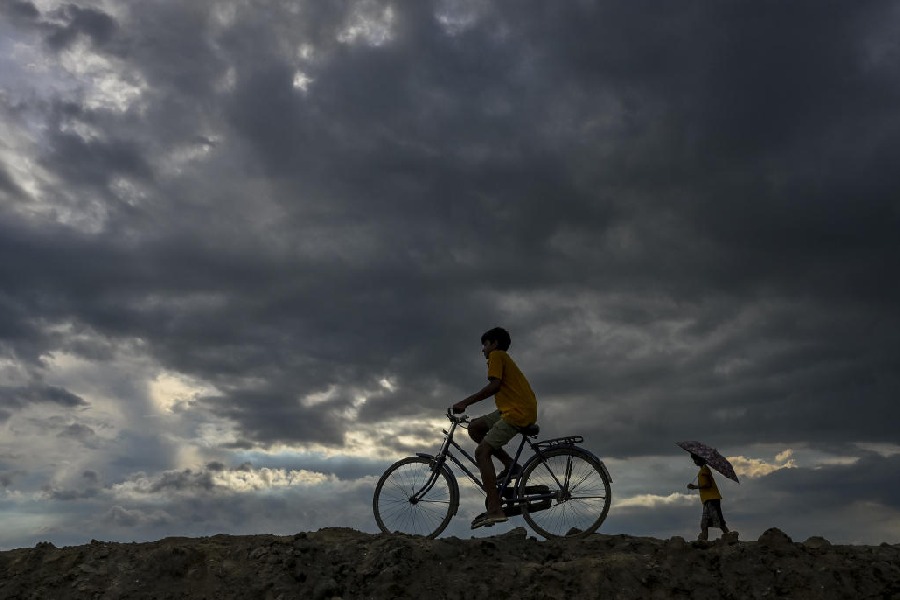 |
| Sarika Watkins-Singh with her kara |
London, July 29: A Sikh teenager banned from school which classed her kara as a piece of jewellery will be able to return to classes after winning an important test case in the high court in London today.
Sarika Watkins-Singh, 14, who is of mixed Sikh-Welsh parentage, had been the victim of “unlawful discrimination” under race relations and equality laws, Justice Silber, a high court judge, ruled today.
Banned since November 5 last year from attending Aberdare Girls’ School in south Wales, where a “no jewellery” rule is strictly enforced, Sarika will be able to return when the new term opens in September after the summer holidays.
After her victory, Sarika said: “I am overwhelmed by the outcome and it’s marvellous to know that the long journey I’ve been on has finally come to an end.”
The teenager, who has been studying in private, added: “I’m so happy to know that no one else will go through what me and my family have gone through. I just want to say that I am a proud Welsh and Punjabi Sikh girl.”
Her mother, Sinita, 38, who has been as determined as her daughter in pursuing the case, said: “We are over the moon. It is just such a relief.”
She had explained once before about the kara: “It’s not jewellery, it’s part of our faith and symbol of our belief. We feel very strongly that Sarika has a right to manifest her religion — she’s not asking for anything big and flashy, she’s not making a big fuss, she just wants a reminder of her religion.
“Sarika made her first visit to India in 2005, looking at her cultural background and her roots. I don’t believe in putting pressure on children to follow a certain religion, but Sarika decided for herself that she wanted to be a practising Sikh.”
Sarika’s case was taken up by the country’s main human rights group, Liberty, whose legal officer, Anna Fairclough, represented the teenager in court.
“This common sense judgment makes clear you must have a very good reason before interfering with someone’s religious freedom,” Fairclough commented today. “Our great British traditions of religious tolerance and race equality have been rightly upheld today.”
The judge was told the kara was as important to her as it was to England spin bowler Monty Panesar, who has been pictured wearing the bangle — Monty has become something of an English hero, less for the number of wickets that he takes than for the enthusiasm of his reaction when he does.
Sarika was at first taught in isolation and eventually expelled for refusing to take off the bangle in defiance of the school’s policy, which prohibits the wearing of any jewellery other than a wristwatch and plain ear studs.
 |
| Sarika after the victory at the high court in London |
Prior to the court proceedings, Fairclough had set out the case for her client: “Sarika Singh has suffered humiliating isolation and is being denied a proper education simply because she wears the kara, a small bangle worn by virtually all Sikhs both in and out of school and work. It is astonishing that the school continues to exclude her despite almost universal condemnation and 25-year-old House of Lords precedent.”
The school’s headteacher, Jane Rosser, stuck to a rigid interpretation of the school rules — though it became clear she had little experience of taking on the Sikhs on a matter of religion.
“We have a strict and clear code of conduct that has been in place for many years,” she said. “A copy of the code of conduct is given to all girls before they are even a pupil at the school and is also issued at the start of every new term in September.”










